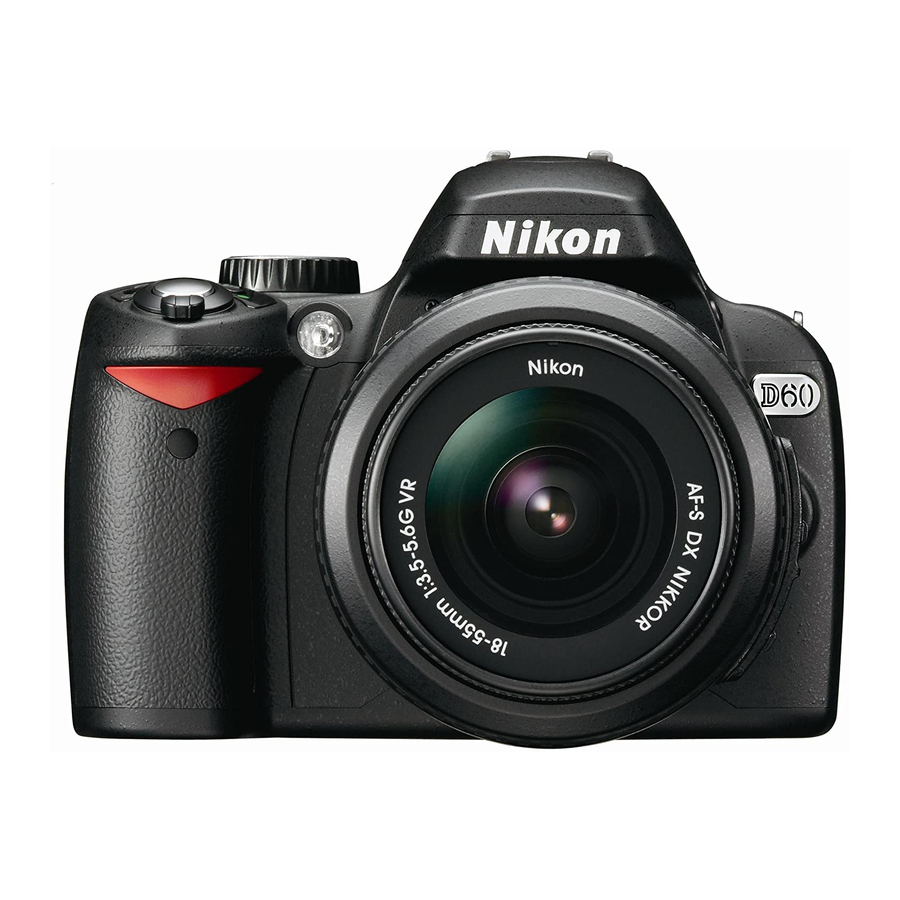12
Part I
Using the Nikon D90
Top of the camera
The top of the D90 is where you fi nd some
of the most important buttons and dials.
This is where you can change the Shooting
mode and press the Shutter Release to take
your photo. Also included in this section is a
brief description of some of the things you
fi nd on the top of the lens.
Although your lens may vary, most
of the features are quite similar
from lens to lens.
Mode dial. This is an important dial.
Rotating this dial allows you to
quickly change your Shooting mode.
You can choose one of the Scene
modes or one of the semiautomatic
modes or you can choose to manu-
ally set the exposure.
For more on the Exposure modes,
see Chapter 2.
Focal plane mark. The focal plane
mark shows you where the plane
of the image sensor is inside the
camera. The sensor isn't exactly
where the mark is; the sensor is
directly behind the lens opening.
When doing certain types of pho-
tography, particularly macro pho-
tography by using a bellows lens,
you need to measure the length of
the bellows from the front element
of the lens to the focal plane. This
is where the focal plane mark
comes in handy.
Shutter Release button. In my
opinion, this is the most important
button on the camera. Halfway
pressing this button activates the
camera's autofocusing and light
meter. When you fully depress this
button, the shutter is released and
a photograph is taken. When the
camera has been idle and has gone
to sleep, lightly pressing the Shutter
Release button wakes up the cam-
era. When the image review is on,
lightly pressing the Shutter Release
button turns off the LCD and pre-
pares the camera for another shot.
On/Off switch/LCD illuminator.
This switch, which surrounds the
Shutter Release button, is used to
turn the camera on and off . Push
the switch all the way to the left to
turn off the camera. Pull the switch
to the right to turn your camera on.
This button also has a spring-
loaded switch that, when pulled all
the way to the right, lights up the
LCD control panel on the top of the
camera for viewing in dim light.
You can also set this momentary
switch to light up the LCD control
panel and show the Shooting Info
Display on the rear LCD in the
Custom Setting menu (CSM f1).
Metering mode button. This but-
ton is used to choose the Metering
mode. Press this button and then
rotate the Main Command dial
until the desired mode appears on
the LCD control panel. You can
choose Matrix, Center-weighted, or
Spot metering. This button also
doubles as one of the two-button
format buttons.

